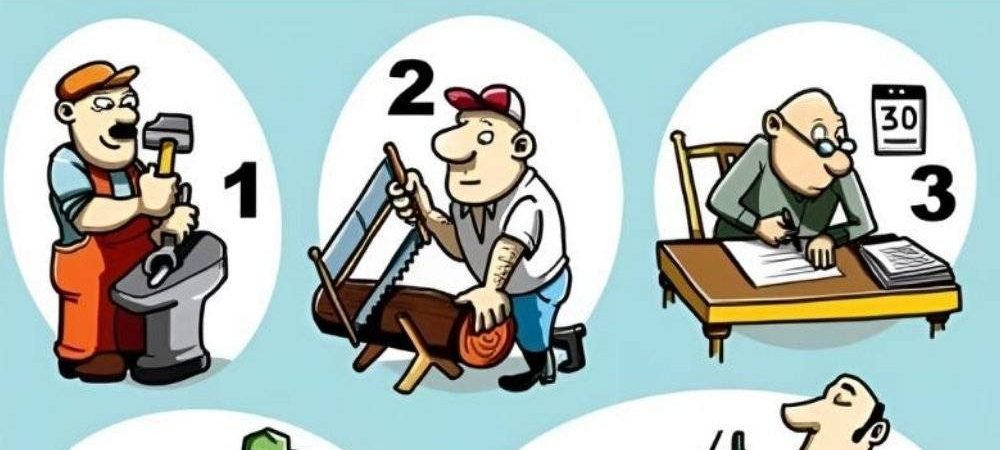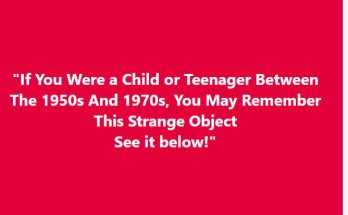Analyzing Each Character: Who Holds the Clues?
To figure out who is left-handed, let’s take a closer look at each character and their actions.
1. The Plumber
The first character is a plumber, focused on fixing a sink. He’s holding a tool, likely a wrench, in one hand as he works. While it’s tempting to assume that the hand holding the tool indicates his dominant hand, simply holding a tool doesn’t reveal handedness. People typically use their dominant hand for tasks requiring precision, but this action alone doesn’t provide enough information. Let’s continue to see if another character offers a clearer clue.
2. The Carpenter
Next, we have the carpenter, who’s leaning over a workbench, sawing a piece of wood. It’s common to assume that the hand holding the saw reveals his dominant hand, but carpentry tools often require a specific hand for safe and effective use, regardless of dominance. For example, certain cuts may be more comfortable or precise with a particular hand. While we might guess his handedness based on which hand holds the saw, this detail alone isn’t enough to be definitive.
3. The Office Worker
The office worker, the third character, is writing at a desk. People often mistakenly assume someone is left-handed if they appear to be using their left hand to write. While writing can indicate a person’s dominant hand, some people are ambidextrous or may switch hands for certain tasks. Without further context, we can’t conclusively determine if this office worker is left-handed.
The photographer is the fourth character, holding a camera and setting up a shot. Cameras are designed for specific hand placements, so it’s difficult to determine handedness based on how the camera is held. Photographers may use their dominant hand and eye, but this isn’t a strict rule. Therefore, we need to look elsewhere to pinpoint the left-handed individual.
5. The Waiter
Finally, we come to the waiter, who could hold the key to the puzzle. He’s carrying a tray, a task that provides a significant clue. Most waiters use their non-dominant hand to hold trays, keeping their dominant hand free for more precise tasks like serving or pouring drinks. In this case, the waiter is holding the tray with his right hand, indicating that his left hand, his dominant one, is free for other tasks. This subtle choice points to the fact that the waiter is likely left-handed.



